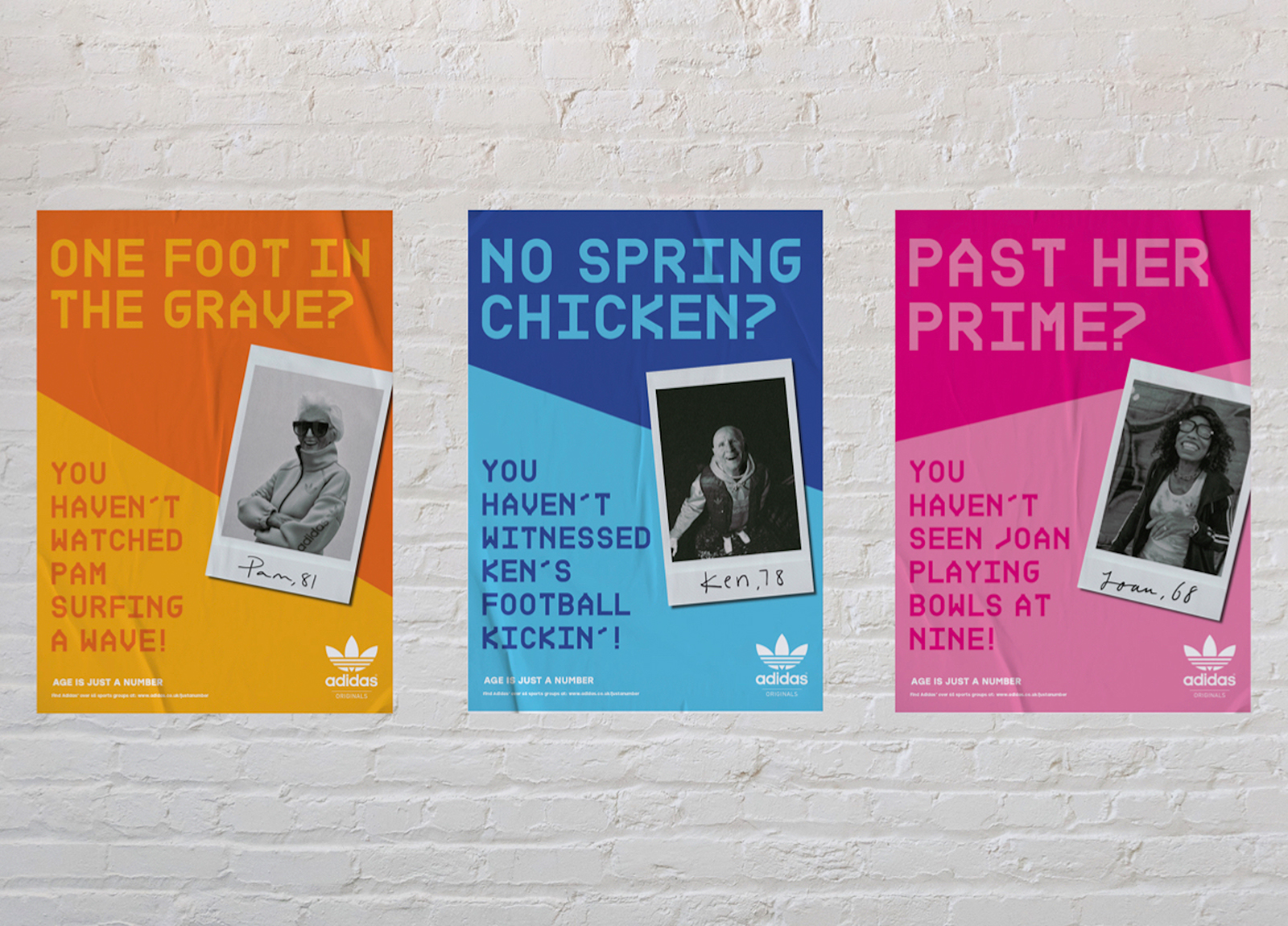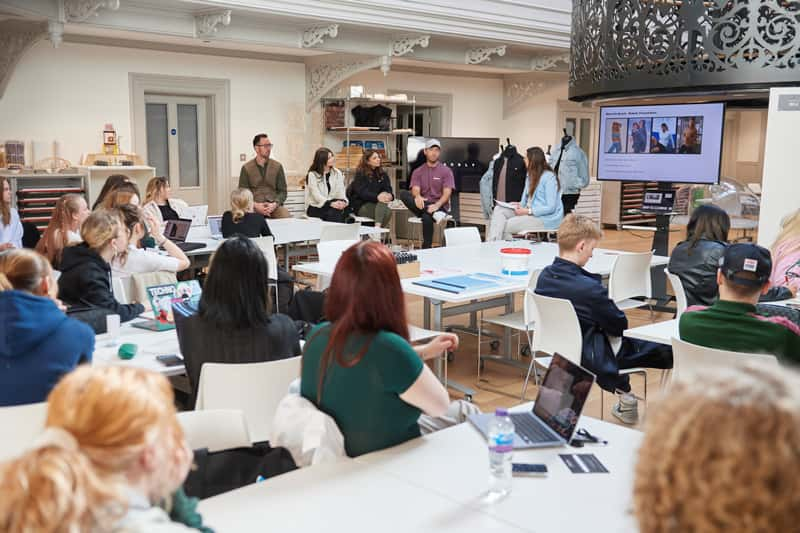
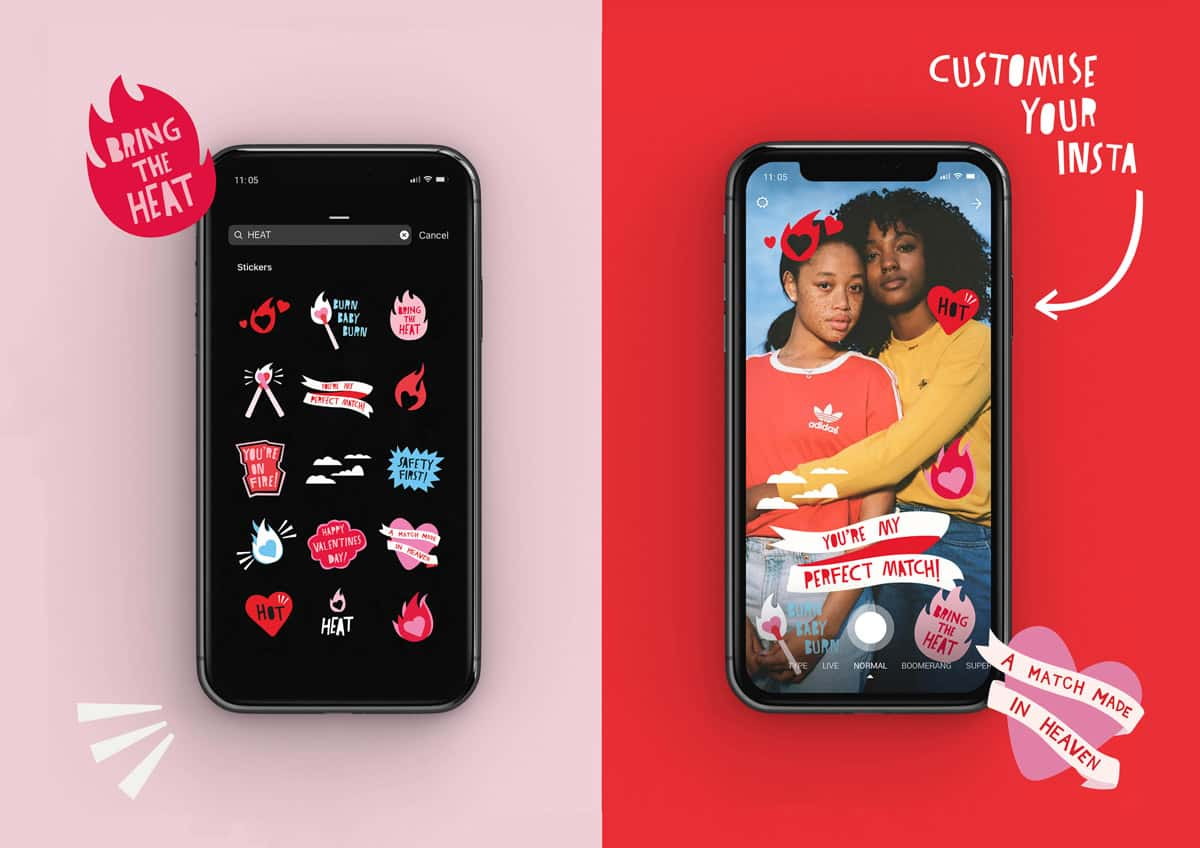
Marketing BA (Hons)
Master multi-channel marketing strategies and campaigns and take your career to the next level with our BA (Hons) Marketing course.
-
Course Duration
3 Years
-
Course Options
Diploma Year
-
Typical Offer
104-120 UCAS Tariff Points
- How to Apply Request a prospectus
-
Annual Fees
- Home (full-time) £9,790
- Overseas (full-time) £18,860
-
UCAS code
- MAR1
- Institution code: N39
-
Course Start
September 2026
Our course is designed to develop practical skills and knowledge into current marketing strategies, digital innovations, and strategic techniques.
You will build hands-on experience by applying your new marketing skills and knowledge of emerging digital technology to real-world projects and live briefs to create effective and successful cross-channel campaigns and strategies.
Developed alongside industry-leading professionals, the course ensures you gain up-to-date, in-demand knowledge while expanding your professional network, giving you an invaluable edge when applying for future marketing roles.
Accreditations
-
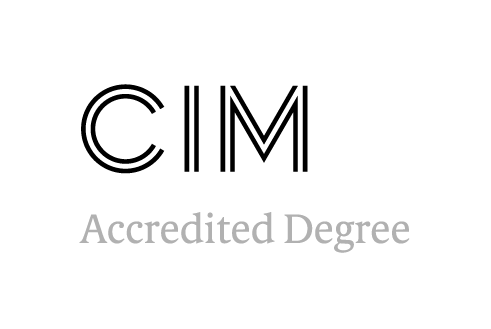
This course holds CIM Accredited Degree status, recognising it as meeting the expectations and needs of the industry. The Chartered Institute of Marketing (CIM) is the world’s leading professional body for marketing.
Why study with us
-
Gain practical experience and build a strong marketing portfolio that showcases your creative problem-solving abilities and strategic thinking skills.
-
Stay at the forefront of the industry by exploring emerging marketing technologies like data-driven services, augmented reality, AI and chatbots.
-
Deepen your understanding of key marketing theories and concepts to complement your hands-on experience and broaden your expertise.
-
Create impactful campaigns and brands in response to real-world briefs from industry partners, collaborating with creative students from across the university.
-
Connect with guest speakers from well-known brands, offering valuable insights and networking opportunities.
Course Details
Year 1
Core Units
Introduction to studying Marketing (40 units)
This unit will provide a comprehensive foundation in marketing theory and practice, covering essential concepts, current industry trends, key theories such as PESTLE, AIDA, and Porter’s Five Forces, and strategic positioning models. Practical, interactive sessions focus on gathering diverse research sources and applying primary and secondary research methods, enabling students to analyse market trends, shape informed marketing strategies and make data-driven decisions. Insights into professional practices are provided through industry guest lectures, while individual tutorials offer personalised feedback on progress. Writing workshops, discussions, and pitching exercises will strengthen your critical analysis, verbal communication, and reflective skills, while goal setting and time-management strategies will prepare you for success in your future marketing career.
(40 credits)
Research Methods in Marketing (40 units)
Understanding the importance of research and how evidence can be used to formulate an argument and give weight to your ideas is central to your degree course. This unit introduces essential market analysis techniques, including competitor analysis, brand positioning, SWOT, market trends, forecasting, and target market identification. You will be introduced to the utilisation of data analytics, collecting, analysing, and interpreting data to inform marketing strategies and decision-making. Through lectures, workshops, and seminars, you’ll explore critical industry topics—such as ethics, diversity, and societal impact—while gaining skills in brand identity and awareness within the marketing landscape. Career-focused sessions include industry guest lectures that provide real-world insights and employability workshops to assess personal skills, set goals, and plan career trajectories.
(40 units)
Concepts, Theories and Practice in Marketing (40 units)
In this unit, you will explore some key contemporary marketing concepts. You will be introduced to key Integrated Marketing Communication (IMC) channels, both digital and physical, including advertising, public relations, direct marketing, social media, content marketing, and events. You’ll learn to target audiences effectively by leveraging consumer behaviour insights, buyer demographics, and cultural trends. Lectures and industry guest speakers provide insights into the latest issues and debates shaping the marketing industry, emphasising how to integrate diverse marketing channels to ensure consistent brand messaging across all touchpoints. You’ll develop skills in data gathering, conducting focus groups, and using questionnaires to understand consumer behaviour, with an emphasis on ethical practices and responsible marketing.
(40 units)
Core Projects
Wayfinding Week
The first week of each academic year is called Wayfinding week. It’s an opportunity get your bearings, establish new connections and, after your first year at Norwich, re-establish old ones. Your course team will talk you through the year ahead and explain the expectations for the year. We’ll help you navigate new encounters and identify areas to focus on as you progress through your course.
Make it Manifest(o)
An important element of Wayfinding Week is taking part in our annual ‘Make it Manifest(o)’ project. Your course team will introduce the project in which we’ll ask you to consider your hopes and vision of the year ahead at Norwich and work with students in other year groups to bring your ideas to life. The project culminates in a celebratory display of work across the campus. The project will help you to develop your critical creativity through different approaches, concepts, and mediums. You’ll encounter diverse perspectives and build friendships and networks within our university community.
Interchange Weeks
Interchange weeks are opportunities to step away from your disciplinary studies and engage in projects, workshops, visits and talks that extend your knowledge and understanding of the world. Whether you learn a new skill or take part in a global challenge project with students from other courses, you will come away with new insights to take back to your course. Interchange is part of the schedule for all Norwich students with sessions held across and beyond the campus led by university staff, visiting lecturers and students.
Year 2
Core Units
Models, Methods and Practice in Marketing (40 credits)
This unit provides a comprehensive exploration of more advanced principles and concepts within Marketing. You will dig deeper into consumers and content and deliver creative communication solutions. You will develop your knowledge in digital marketing, covering essential areas like Search Engine Optimisation (SEO), Content Marketing, Social Media, Email Marketing, and Affiliate & Influencer Marketing. Lectures will introduce core theories and concepts in digital marketing, exploring the current landscape, digital innovation, social media strategies, content creation, and emerging technologies, including AI. Workshops will emphasise strategic planning, idea generation, content development, and project management to build the practical skills that employers are looking for.
(40 credits)
Global Citizenship and Perspectives in Marketing (40 credits)
This unit explores strategic marketing for international markets, focusing on key influences such as cultural and economic conditions, legal frameworks, political and social environments, and technological infrastructures. Lectures and seminars emphasise sustainable and ethical practices, enhancing industry awareness and communication methods tailored to diverse global audiences. Through group discussions, students engage in debates on sustainability in marketing, exploring how to apply these approaches to their own projects. Career development sessions introduce industry leaders and explore professional roles, teamwork principles, and effective presentation standards for professional reporting, helping students recognise and harness their strengths in collaborative settings.
40 credits
Collaborative Approaches to Marketing (40 credits)
This unit focuses on the importance and value of collaboration in marketing. You will explore in-depth event planning and management, covering essential areas such as market analysis, audience targeting, budget planning, marketing strategy, and operations logistics. You’ll learn to document event processes, analyse marketing methods, review budgets and logistics, and evaluate event success. Creative workshops focus on idea generation, decision-making, and planning techniques, while lectures and seminars cover key project management responsibilities, including effective time management in collaborative settings. Our Career and Personal Development sessions emphasise building professional networks and preparing for internships or placements. Workshops in presenting and pitching will enhance your ability to create impactful digital presentations, while team dynamics sessions help build collaborative skills for effective teamwork.
40 credits
Core Projects
Wayfinding Week
The first week of each academic year is called Wayfinding week. It’s an opportunity get your bearings, establish new connections and, after your first year at Norwich, re-establish old ones. Your course team will talk you through the year ahead and explain the expectations for the year. We’ll help you navigate new encounters and identify areas to focus on as you progress through your course.
Make it Manifest(o)
An important element of Wayfinding Week is taking part in our annual ‘Make it Manifest(o)’ project. Your course team will introduce the project in which we’ll ask you to consider your hopes and vision of the year ahead at Norwich and work with students in other year groups to bring your ideas to life. The project culminates in a celebratory display of work across the campus. The project will help you to develop your critical creativity through different approaches, concepts, and mediums. You’ll encounter diverse perspectives and build friendships and networks within our university community.
Interchange Week
Interchange weeks are opportunities to step away from your disciplinary studies and engage in projects, workshops, visits and talks that extend your knowledge and understanding of the world. Whether you learn a new skill or take part in a global challenge project with students from other courses, you will come away with new insights to take back to your course. Interchange is part of the schedule for all Norwich students with sessions held across and beyond the campus led by university staff, visiting lecturers and students.
Diploma Year (optional)
Level 5 Diploma (120 credits)
Students have the opportunity to spend a year after the second of their degree (or the third year if studying for a degree with an Integrated Foundation Year) enhancing their employability options through a Level 5 Diploma. They can choose from courses designed to provide:
- opportunities to gain industry insight, developing employability skills through a series of supported experiences, expanding professional networks and building confidence in the workplace, or
- an introduction to creative computing, building an understanding of how coding skills can be used to advance and complement creative practice.
Final Year
Core Units
Professional Development in Marketing (40 credits)
This is the first of three units that make up your final year of undergraduate study. This unit focuses on your career development, guiding students in setting personal career goals, creating action plans, and building resilience and adaptability. Lectures, seminars, and workshops cover crucial career preparation skills, including interview techniques, networking strategies, and self-promotion. Insights into marketing roles, career paths, and professional organisations are provided through guest lectures, networking workshops, and industry case studies, addressing emerging industry trends and challenges. You’ll analyse case studies, explore company cultures, and examine market insights. Careers and Personal Development sessions deepen your understanding of the marketing landscape, exploring job roles, business startups, and post-graduate opportunities. Additional sessions cover branding, personal logo design, self-promotion, website creation, and service pricing, preparing you to navigate the marketing industry with confidence and professionalism.
(40 credits)
Advanced Research and Project Design in Marketing (40 credits)
This unit examines sustainable and ethical practices in marketing, encouraging students to apply these principles to their projects. Through lectures and group discussions, students will explore marketing theories, contextual analysis, and industry trends via reports, guest lectures, and case studies. Workshops focus on gathering and analysing secondary information, utilising resources like libraries and industry platforms, and addressing project planning and time management. Lectures on research proposals will guide students in structuring professional documents with clear objectives, literature reviews, methodologies, and proper referencing, laying a strong foundation for conducting and communicating impactful marketing research.
(40 credits)
Major Project in Marketing (40 credits)
This is the third and final unit which completes your final year of undergraduate study. The unit is a culmination of your study at degree level and builds on everything you’ve learnt so far and provides a comprehensive understanding of effective marketing campaign strategies, covering essential components such as campaign objectives, market research, target audiences, messaging, and positioning. You will undertake a purposeful, individual, in-depth study of a relevant topic, developing your independent learning, critical thinking and knowledge of relevant research techniques. The project will develop your ability to manage a major piece of work for which you will be wholly responsible and will be completed over several months. You will learn to utilise and improve your time management and communication skills and test your initiative and resourcefulness. By the end of the unit, you should feel well equipped to apply what you have learned in a professional context and have a clear trajectory towards launching your professional career as a graduate of Norwich.
(40 credits)
Core Projects
Wayfinding Week
The first week of each academic year is called Wayfinding week. It’s an opportunity get your bearings, establish new connections and, after your first year at Norwich, re-establish old ones. Your course team will talk you through the year ahead and explain the expectations for the year. We’ll help you navigate new encounters and identify areas to focus on as you progress through your course.
Make it Manifest(o)
An important element of Wayfinding Week is taking part in our annual ‘Make it Manifest(o)’ project. Your course team will introduce the project in which we’ll ask you to consider your hopes and vision of the year ahead at Norwich and work with students in other year groups to bring your ideas to life. The project culminates in a celebratory display of work across the campus. The project will help you to develop your critical creativity through different approaches, concepts, and mediums. You’ll encounter diverse perspectives and build friendships and networks within our university community.
Interchange Week
Interchange weeks are opportunities to step away from your disciplinary studies and engage in projects, workshops, visits and talks that extend your knowledge and understanding of the world. Whether you learn a new skill or take part in a global challenge project with students from other courses, you will come away with new insights to take back to your course. Interchange is part of the schedule for all Norwich students with sessions held across and beyond the campus led by university staff, visiting lecturers and students.
Download course specifications
Learning and teaching
This course is taught through a mixture of learning and teaching methods including:
-
Group briefings
-
Academic tutorials
-
Group tutorials
-
Workshops
-
Critiques (crits)
-
Seminars
-
Lectures
Assessment
Assessment for this course is entirely coursework-based, meaning there are no exams. Your progress will be evaluated through the projects and assignments you complete for each unit. Throughout the year, you’ll receive ongoing feedback to help you refine your work and develop your skills. To support your learning and ensure you achieve the course outcomes, we use a variety of assessment methods, including:
- Finished pieces of work
- Presentations
- Written work
- Your research
- A reflective journal
Some of the people you’ll be working with
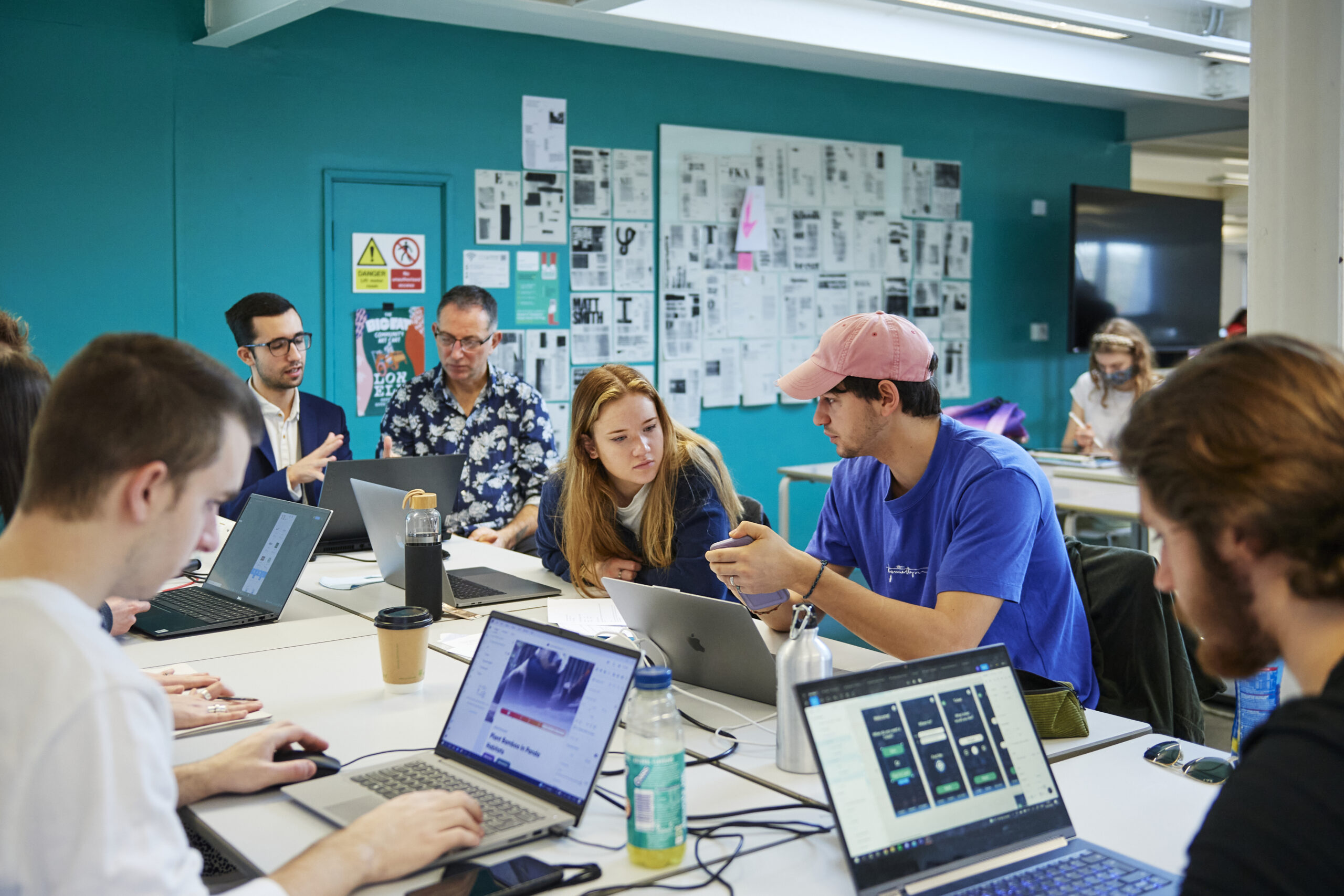
Typical career paths
A marketing degree will teach you how to harness your skills to connect with consumers. You’ll work on projects that encourage the strategic and tactical use of marketing. This course will also give you the skills and confidence to take roles and opportunities that are central to business.
- Social media manager
- Brand manager
- SEO specialist
- Marketing campaign manager
- Digital marketer
- Content strategist
- Email marketing specialist
- Market researcher
“92% of our graduates are in employment or further education within six months of graduating”
Graduate Outcomes 2021
Entry requirements
Home
Norwich University of the Arts welcomes applicants of all ages from all backgrounds.
If the qualification that you are studying is not shown, do not worry as we are able to accept other pre-entry qualifications as well as combinations of different qualifications.
A/AS Levels (GCE)
GCE A/AS Levels 3 A-level qualifications at grades BCC (104 UCAS Tariff points) or above. Where candidates are not taking 3 A-levels, Norwich University of the Arts will consider combinations of A-level/AS-level and other Level 3 qualifications.
BTEC Extended Diploma (QCF or RQF)
Distinction, Merit, Merit in an art, design or media related subject
BTEC Diploma (QCF or RQF)
Distinction*, Distinction* in an art, design or media related subject
T Levels
A T Level in any subject with overall grade A* to C (Pass)
UAL Extended Diploma
Merit
UAL Level 3 Foundation Diploma in Art and Design
Pass
UAL Level 4 Foundation Diploma in Art and Design
Pass
Foundation Diploma in Art and Design
Pass
Access to Higher Education Diploma (Art and Design)
Pass
International Baccalaureate Diploma
A minimum of 26 points
Overseas
We accept qualifications from all over the world.
To find our entry requirements from a specific country, please check our dedicated international pages.
English language qualifications
Most international students are required to hold an English language qualification. Applicants are required to have a minimum UKVI approved IELTS exam score of 6.0 overall, with a minimum of 5.5 in each section. Equivalent English language qualifications are acceptable such as, IB English language syllabus A or B/English Literature (Grade 4).
We also accept some alternative English qualifications. Learn more about our English entry requirements.
You can email us on international@norwichuni.ac.uk if you’d like to discuss your application individually.
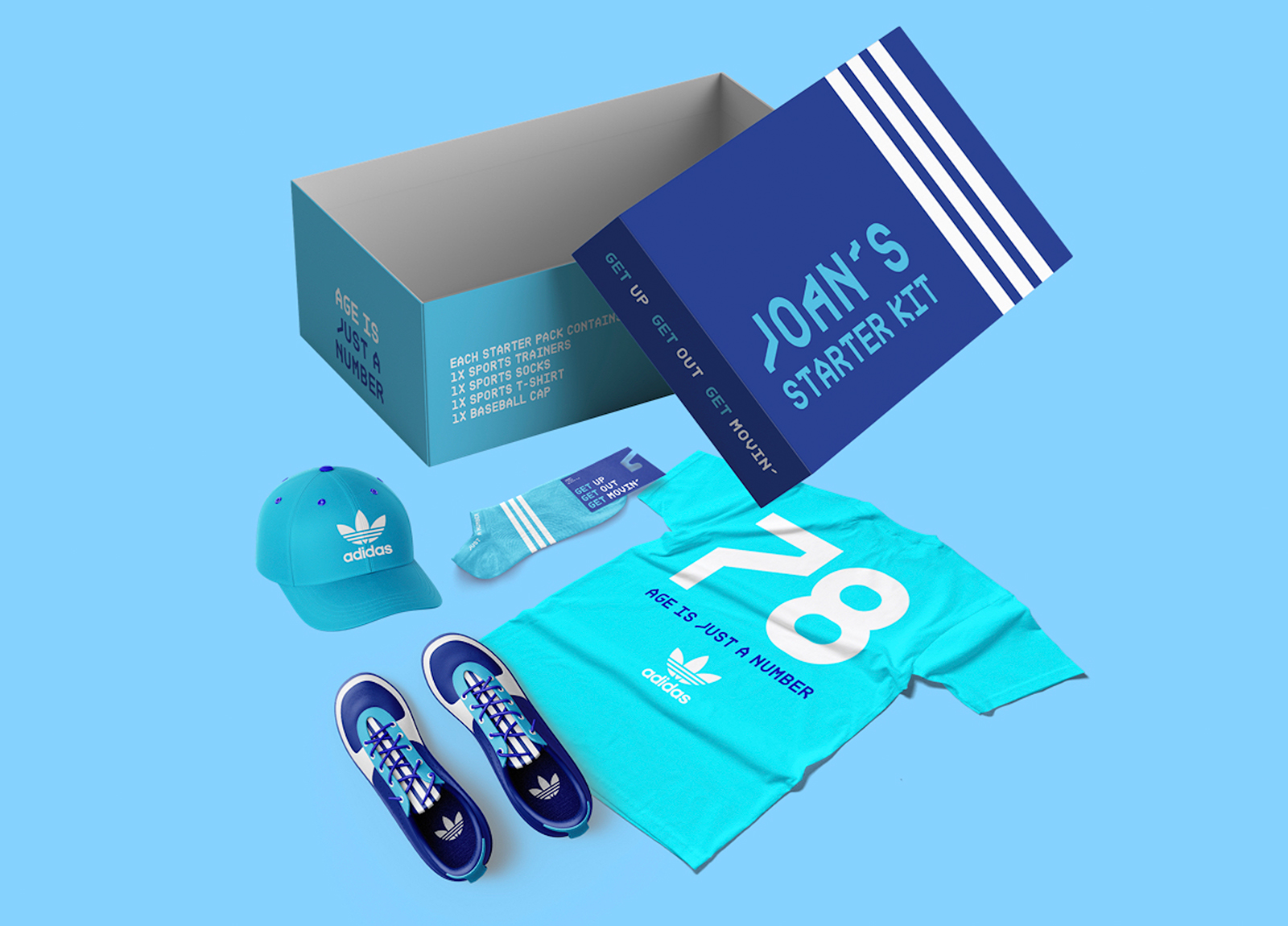
Fees and funding
Home
Tuition fees for the 2026/27 academic year
- BA course (three year): £9,790 per year
- Level 5 Diploma Year (optional): £9,790 year
The level of fee that you will be asked to pay depends on whether you’re classed as a UK (home) or international student. Check your fee status.
Fees for subsequent years
Tuition fees may increase in subsequent years in line with inflation, subject to government regulations. The inflation rate used is expected to be the Retail Price Index excluding mortgage payments (RPIX). We would confirm this in advance to you of each academic year.
Find our more about fees and funding
Funding your study
Depending on your circumstances, you may qualify for a bursary, scholarship or loan to help fund your study and enhance your learning experience.
International
Tuition fees that for the 2026/27 academic year
- BA course (three year): £18,860
- level 5 Diploma year (optional): £18,860
The level of fee that you will be asked to pay depends on whether you’re classed as a UK (home) or international student. Check your fee status.
Fees for subsequent years
For Overseas students starting in 2026 inflation will be applied to your fees in later years. We will confirm this in advance to you of each academic year, and we will limit the increase to no more than the Office for Students’ recommended inflationary measure.
Find our more about fees and funding
Funding your study
Please take a look at our International students page for information about fees, scholarships for international students, visas and much more.
Additional costs
Your course fees cover the cost of studies, and include loads of benefits, such as the use of our library, support from our expert employability team, access to workshops and free use of the IT equipment across our campuses. There are also other costs which you may need to consider.
How to apply
Home
All applications for undergraduate courses will need to be made via the Universities and Colleges Admissions Service (UCAS).
You’ll need our university UCAS code (N39) as well as your course code which you’ll find on your course page.
When you register with UCAS you will need include your previous and current qualifications information, personal statement, and reference.
Once we receive your application form through UCAS, we will email confirmation that we have received it and will give you access and instructions for logging into the applicant portal. Our decision will be communicated via UCAS.
Applying for an undergraduate degreeInternational
Full-time Undergraduate International applicants can either apply via UCAS or directly by completing the online application form below or emailing the downloadable form to ioadmissions@norwichuni.ac.uk
Online Application Form (opens in a new window)For further support for international applicants applying for an undergraduate degree view our international pages.

Latest news
-
 Institution •
Institution •Norwich University of the Arts earns prestigious 5-star QS Star Excellence rating fo Teaching
Norwich University of the Arts has been awarded an overall four-star rating in the prestigious QS Stars University Ratings, marking a significant milestone in the University’s first-ever submission to the internationally recognised assessment framework. -
 Employability •
Employability •Norwich University of the Arts celebrates 10 years of the Big Book Crit
Hundreds of Norwich students have shared their work with leading creative professionals over the last decade. -
 East Gallery •
East Gallery •Announcing the East Gallery Fellows 2025-2026
Norwich University of the Arts is pleased to announce the selected awardees of this year's East Gallery Fellowship. -
 BA Business Management •
BA Business Management •Dean of Creative Education Awarded Prestigious Principal Fellowship from Advance HE
The University is delighted to announce that Hilary Carlisle, Dean of Creative Education and Professor of Design, has been awarded Principal Fellowship of the Higher Education Academy (PFHEA) by Advance HE -
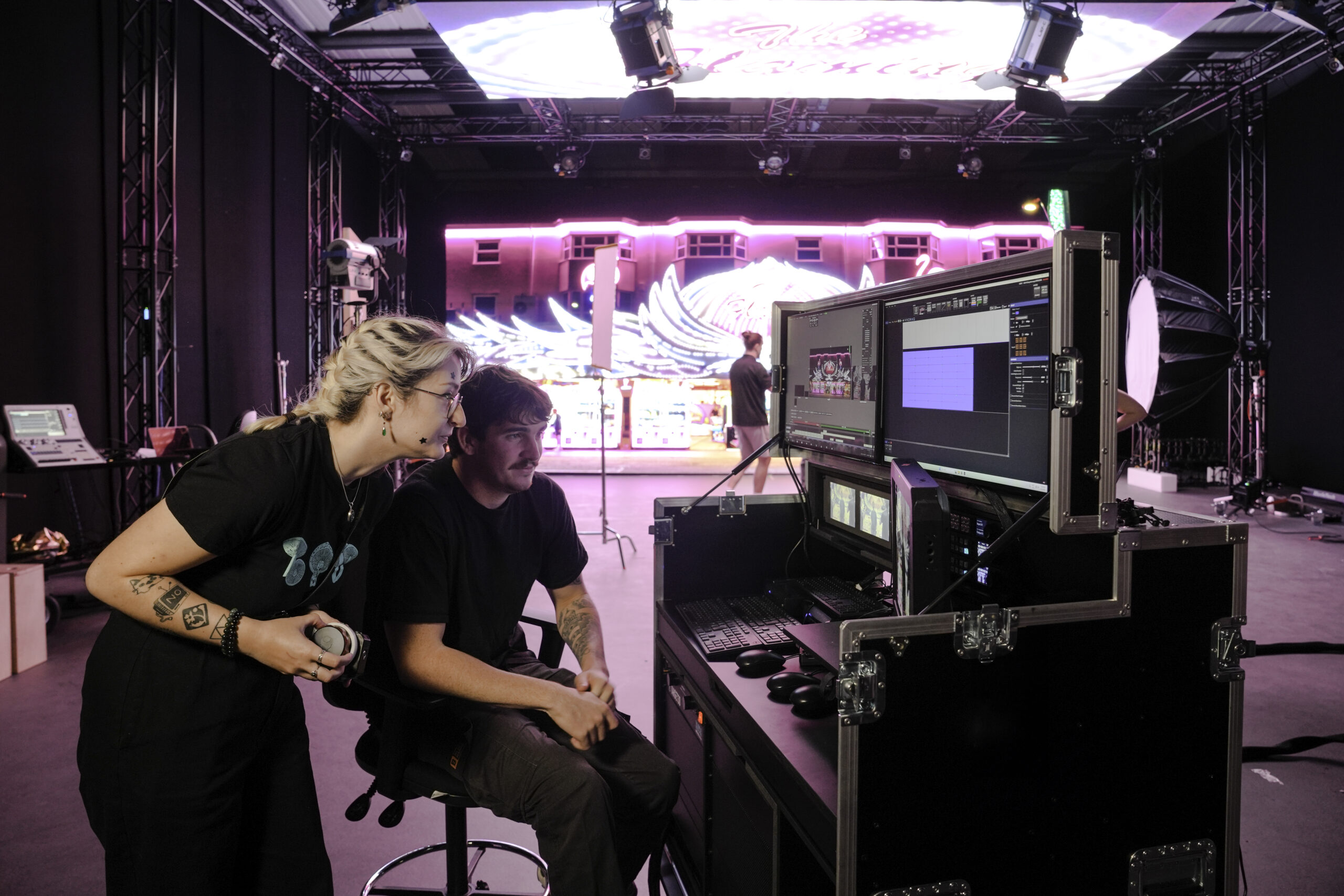 BA Degree •
BA Degree •Norwich University of the Arts to Host ELIA Academy 2027
Norwich University of the Arts is delighted to announce that it has been selected as the host institution for the ELIA Academy 2027. -
 BA Business Management •
BA Business Management •In conversation with Norwich’s newest lecturers in Marketing and Business Management
We joined Norwich's newest lecturers, Stephen Balmer-Walters and Laurie McAllister, to find out more about the University's Marketing and Business Management courses. -
 BA Games Art and Design •
BA Games Art and Design •East of England set to become UK’s next Games Cluster, says landmark report
A major new report is calling for the creation of a Games Cluster for the East of England — positioning the region as a national leader in creative technology and immersive media. -
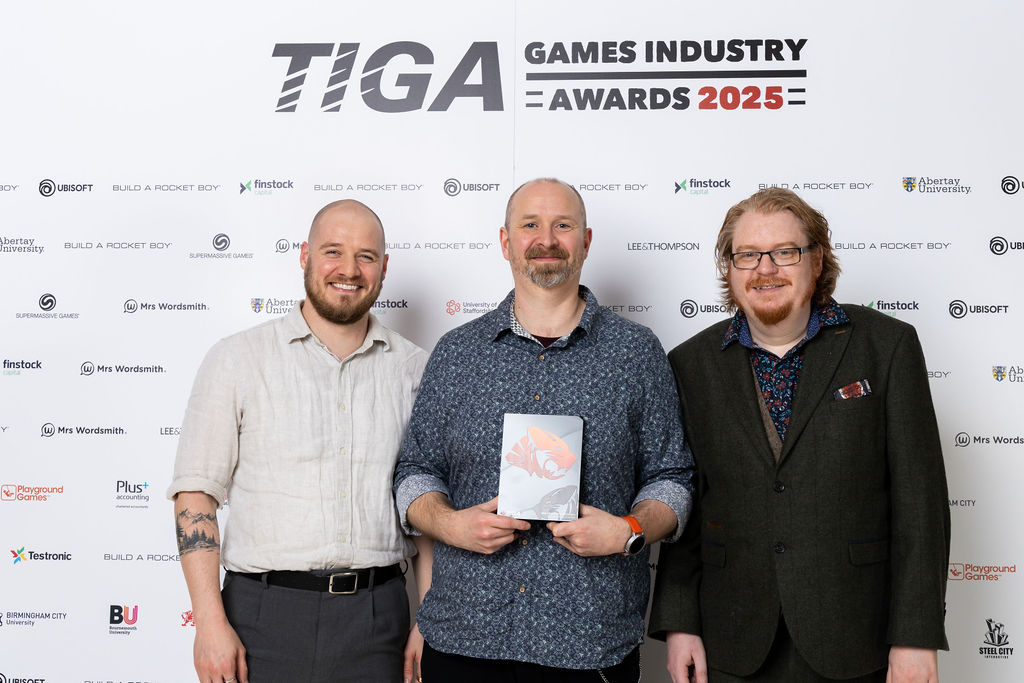 BA Games Art and Design •
BA Games Art and Design •Norwich awarded Best Education Initiative at the TIGA UK Games Industry Awards
TIGA, who represent the UK video games industry, have recognised the University’s commitment to graduate success and industry-focused learning in their 2025 awards. -
 BA Animation •
BA Animation •Cutting edge Sony Virtual Production Studio puts Norwich on the map for the future of film and gaming
Norwich University of the Arts and Sony open new landmark facility for students, creators and the community. -
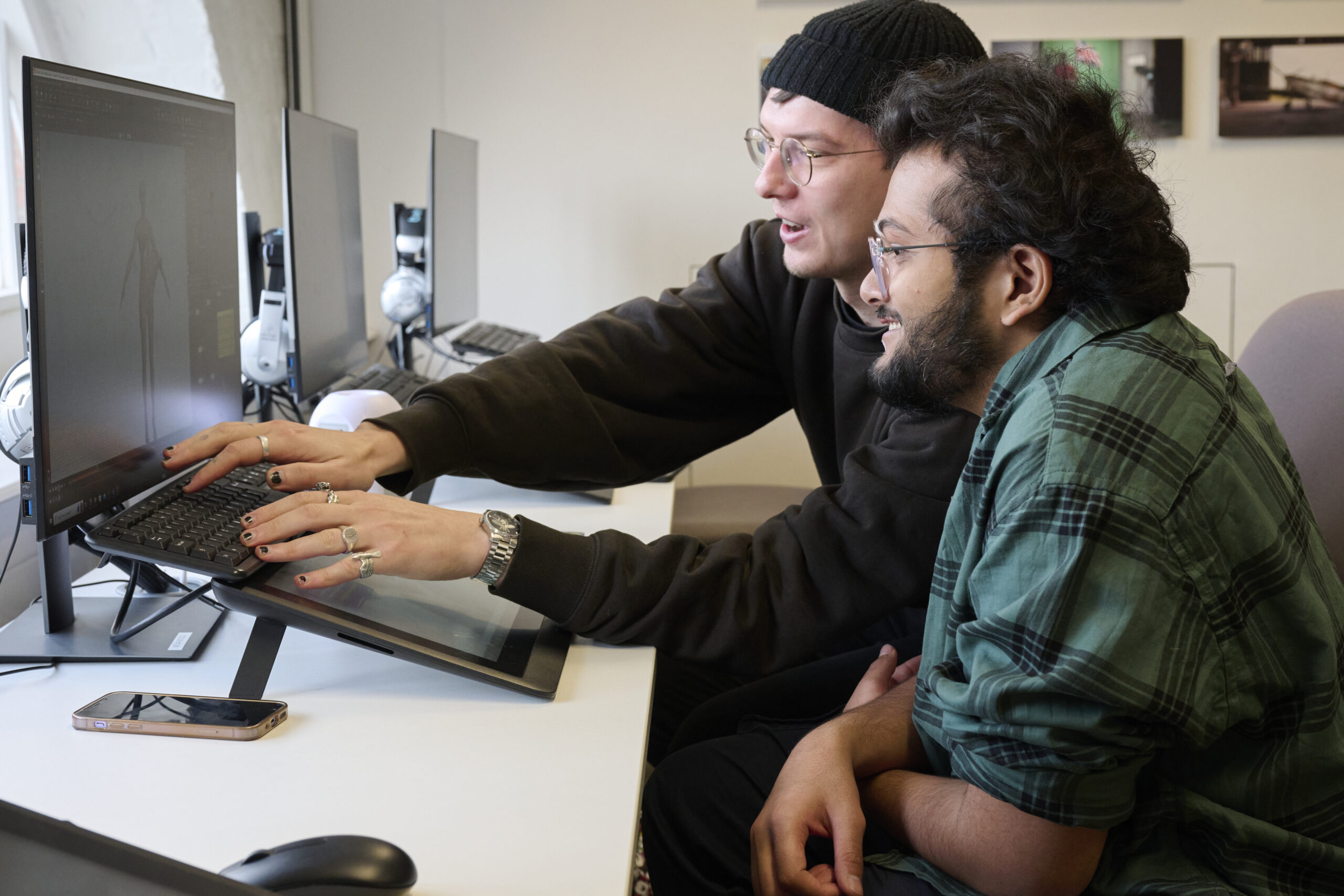 BA Animation •
BA Animation •Norwich named top UK university for production excellence in visual effects
The University has been placed in three categories in the 2025 Rookies Global School Rankings, including the top five for Production Excellence – Visual Effects. -
 BA Photography •
BA Photography •Entries open for Norwich's 2026 Beyond the Frame photography competition
Entries are now open for our annual photography competition, open to students aged 11 to 19 around the world. -
 BSc Degree •
BSc Degree •Norwich University welcomes new academics to its Psychology and Computer Science courses
Lyndsey Wallace joins the University as Senior Lecturer for BSc (Hons) Psychology, with Jawwad Chattha joining as Course Leader for BSc (Hons) Computer Science. -
 BA Architecture •
BA Architecture •Norwich University of the Arts presents the Peter Cook: Wonder Hub
Norwich University has launched the Peter Cook: Wonder Hub, a vibrant and interactive space for thinking, making, showcasing and debating the creative arts. -
 BA Graphic Communication •
BA Graphic Communication •Norwich students celebrate success at 2025 Creative Conscience Awards
Students from Norwich University of the Arts have been recognised across categories in this year’s awards, which showcase work focusing on social or environmental impact -
 BA Games Art and Design •
BA Games Art and Design •Norwich graduates recognised at TIGA UK Games Education Awards
Charlie O'Shea, BA (Hons) Games Art and Design has been named 'Outstanding TIGA Graduate of the Year: Designer' -
 BA Film and Moving Image Production •
BA Film and Moving Image Production •Dear future international students – Diya Vaya, BA (Hons) Film and Moving Image Production
Diya writes about the experience of moving to Norwich from Nairobi, and her advice to future international students.
Related courses
Discover our courses and take the first step towards unleashing your potential
-
Visit the Business Management BA (Hons) course page
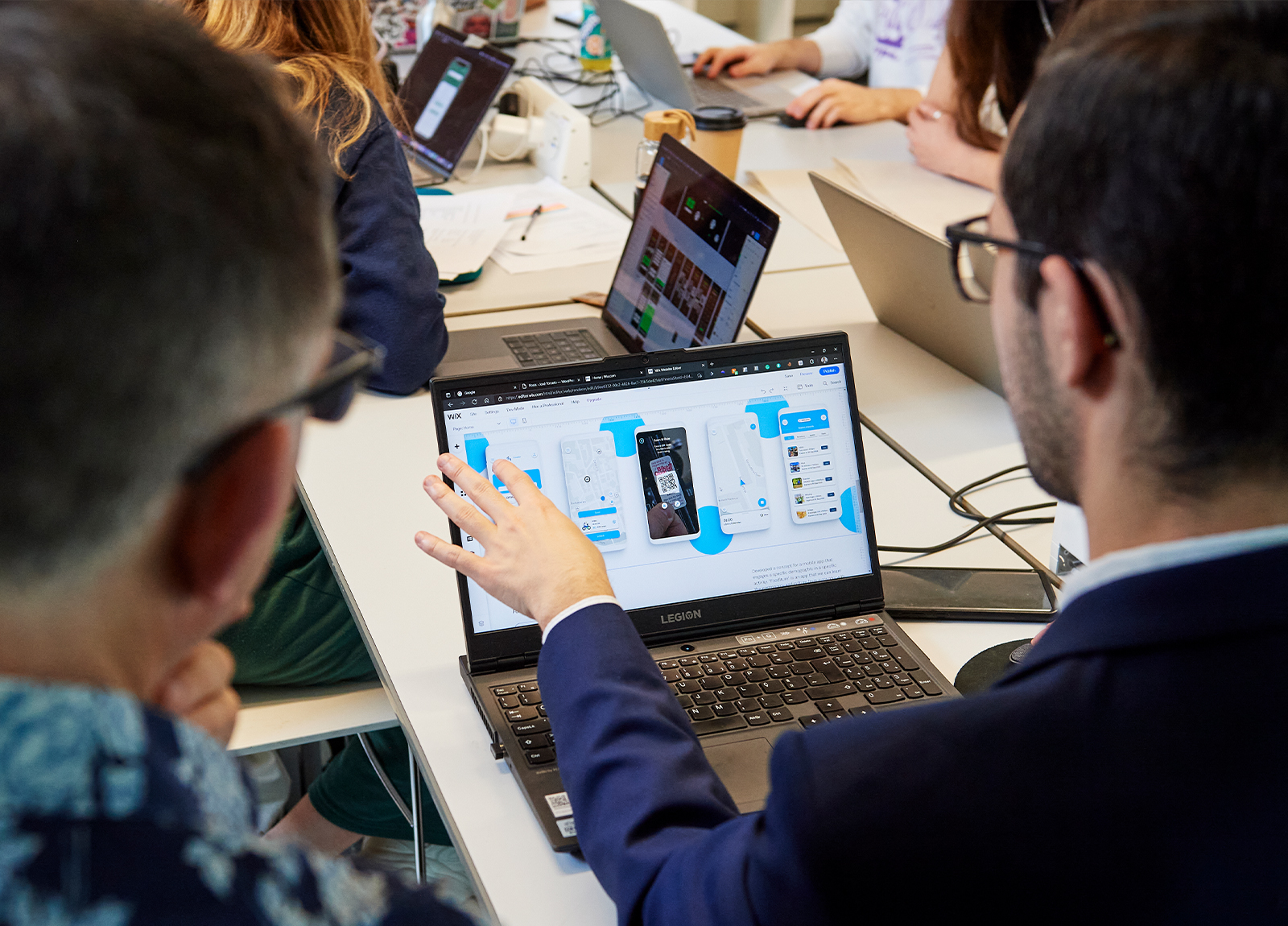
- Filter courses by study level: Undergraduate
- Filter courses by duration: Full time
- Filter courses by start month: September
- Filter courses by subject: Business Management
Business Management BA (Hons)
Explore contemporary business practices, contexts and debates through a hands-on, practical approach designed to deepen your understanding of today’s business landscape.
-
Visit the Fashion Communication and Promotion BA (Hons) course page

- Filter courses by study level: Undergraduate
- Filter courses by duration: Full time
- Filter courses by start month: September
- Filter courses by subject: Fashion Communication and Promotion
Fashion Communication and Promotion BA (Hons)
Create original content and eye-catching campaigns that mirror the marketing strategies and visual communication skills driving the global fashion industry.
-
Visit the Fashion Marketing and Business BA (Hons) course page

- Filter courses by study level: Undergraduate
- Filter courses by duration: Full time
- Filter courses by start month: September
- Filter courses by subject: Fashion Marketing and Business
Fashion Marketing and Business BA (Hons)
Unite your love for fashion innovation and business strategy as you delve into the marketing mechanisms of the global fashion industry.
